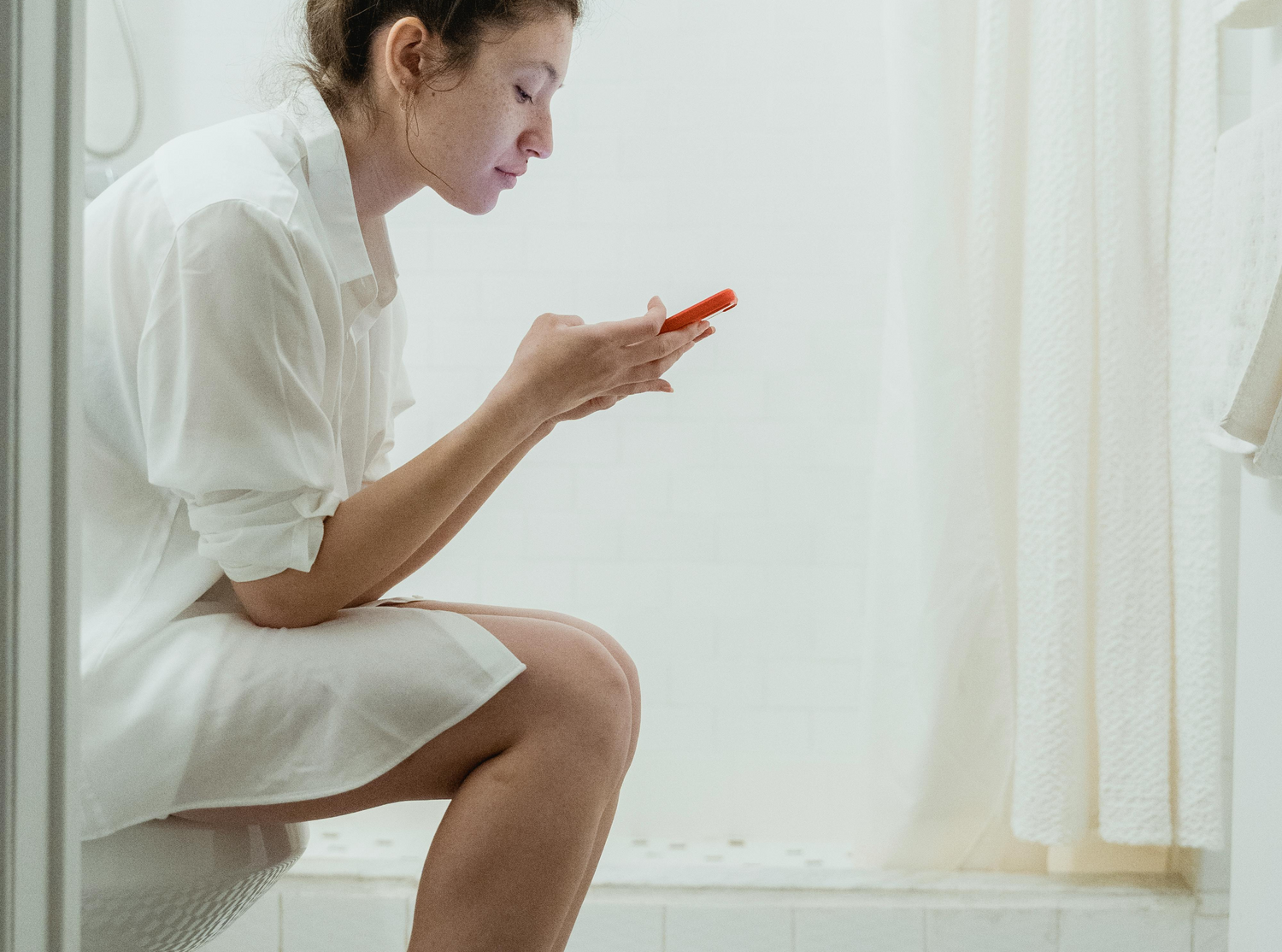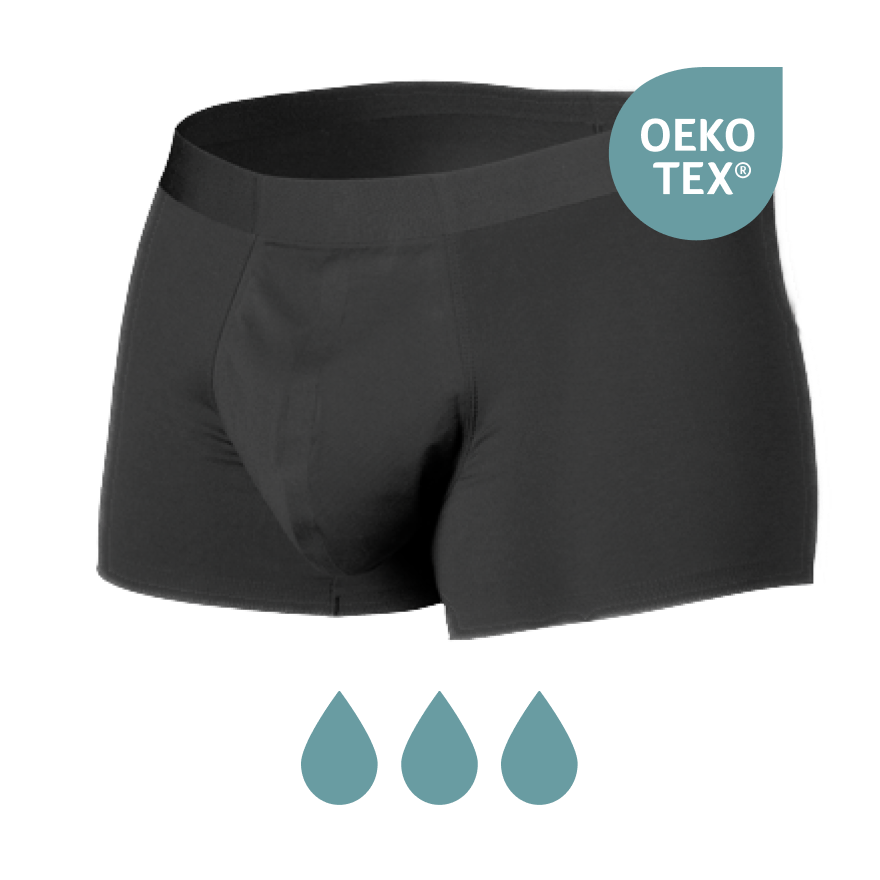To keep the bladder healthy, there are some useful tips. These advice are intended to make people aware of the best habits around peeing and Damage to the bladder and prevent pelvic floor.
1. Correct attitude when urinating men and women
- Place both feet flat on the floor.
- knees straight above the feet
- Back hollow
- Shoulders relax
- Hands on the knees for stability
- This attitude helps the pelvic floor muscles.
- Don't press your belly
- Take time
- This allows the bladder to be completely relaxed.
2. Don't squat or hang over the toilet

- Avoid squat or hanging above the toilet; This prevents complete relaxation of the pelvic floor muscles.
- Incomplete emptying **: This posture can hinder the urine flow, which can lead to a bladder that is not completely emptied. Repeated habit of this can reduce bladder function.
- Use a cleansing cloth or toilet seat cover if public toilets are less hygienic.
- If it is necessary to hang before you use the toilet, support against a wall or door to reduce the pressure on the pelvic floor.
3. Follow the natural current
Urinating must go effortlessly, just like switching on a light button. It is not necessary to contract muscles or to make effort to discharge urine.
Relax: it is essential to relax the pelvic floor muscles while urinating, instead of activating them.
If someone consistently uses strength to pee, this can confuse the pelvic floor and result in contradictory behavior with what should be natural. That is why it is advice to let the power go its own way and never interrupt.
If someone notices that there pressure is needed to pee, this can be an indication of an underlying problem with the pelvic floor muscles. In such a case it is advisable to consult a doctor.
4. Stop 'in case that' peeing
Another habit that can confuse your bladder is a 'in case that' lake.
Whether you have a long drive in front of the bow or want to prevent you from waking up in the middle of the night by a full bladder, the last thing someone wants is to feel the urge to pee at an inconvenient moment. So you empty your bladder while you don't have an urge - smart, right? Well, not really.
You may think that a pee "in case" is "just a good planning, but if it becomes a daily habit, it can turn on your bladder to pee less often, reducing the capacity.
Over time, this can ensure that your bladder no longer functions properly and becomes overactive. It is crucial to always listen to your body and pee only when needed.
5. Don't hold out
Having to keep your pee on can occasionally happen.
Maybe you're busy doing shopping and you can't find a public toilet, or you're stuck in a meeting - we have all experienced that we had to be very needed but didn't get the chance.
Occasionally stopping your pee will not cause any problems, but resisting the urge to pee should not be a habit. In addition to the fact that it is an uncomfortable feeling, keeping your pee can weaken your pelvic floor.
It can also make you more susceptible to urinary tract infections. If you do not empty your bladder often enough, there is a greater chance that bacteria in your urinary tract will nest and cause an infection.
This can also happen if you do not drink enough water, so stay hydrated and regularly take the time to go to the toilet.
The only time you can stop your pee is when you train your bladder to incontinence, but this must be done under the supervision of a doctor or pelvic floor specialist! Listen to your body differently and don't let your bladder wait too long.
















